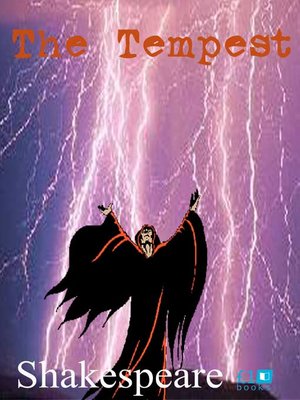
Sign up to save your library
With an OverDrive account, you can save your favorite libraries for at-a-glance information about availability. Find out more about OverDrive accounts.
Find this title in Libby, the library reading app by OverDrive.



Search for a digital library with this title
Title found at these libraries:
| Library Name | Distance |
|---|---|
| Loading... |
The last play of William Shakespeare is a tale of magic, betrayal, love and redemption in a grand scale. Prospero's use of magic to raise a storm that results in the shipwreck of his enemies on the shores of his island, sets in motion a chain of events which begin a love match between Miranda (Prospero's daughter) and Ferdinand (son of Prospero's enemy) and the righting of many of the wrongs that had been committed by both parties. Noted for its swings in plot which reveal that neither party in the story is wholly innocent or wholly corrupt this has been hailed as one of Shakespeare's most mature and beautiful works. Parallels in the theme, in Italian Literature, suggest that there may well have been a source now lost. Prospero's speech renouncing magic was taken from a passage from Ovid's Metamorphoses. Elizabethans regarded all use of magic as evil and corrupting and Prospero's public renunciation of it fitted a popular mood of Shakespeare's time.
Having become the basis for many a book, The Tempest was also the inspiration for Aldous Huxley's modern classic Brave New World.







